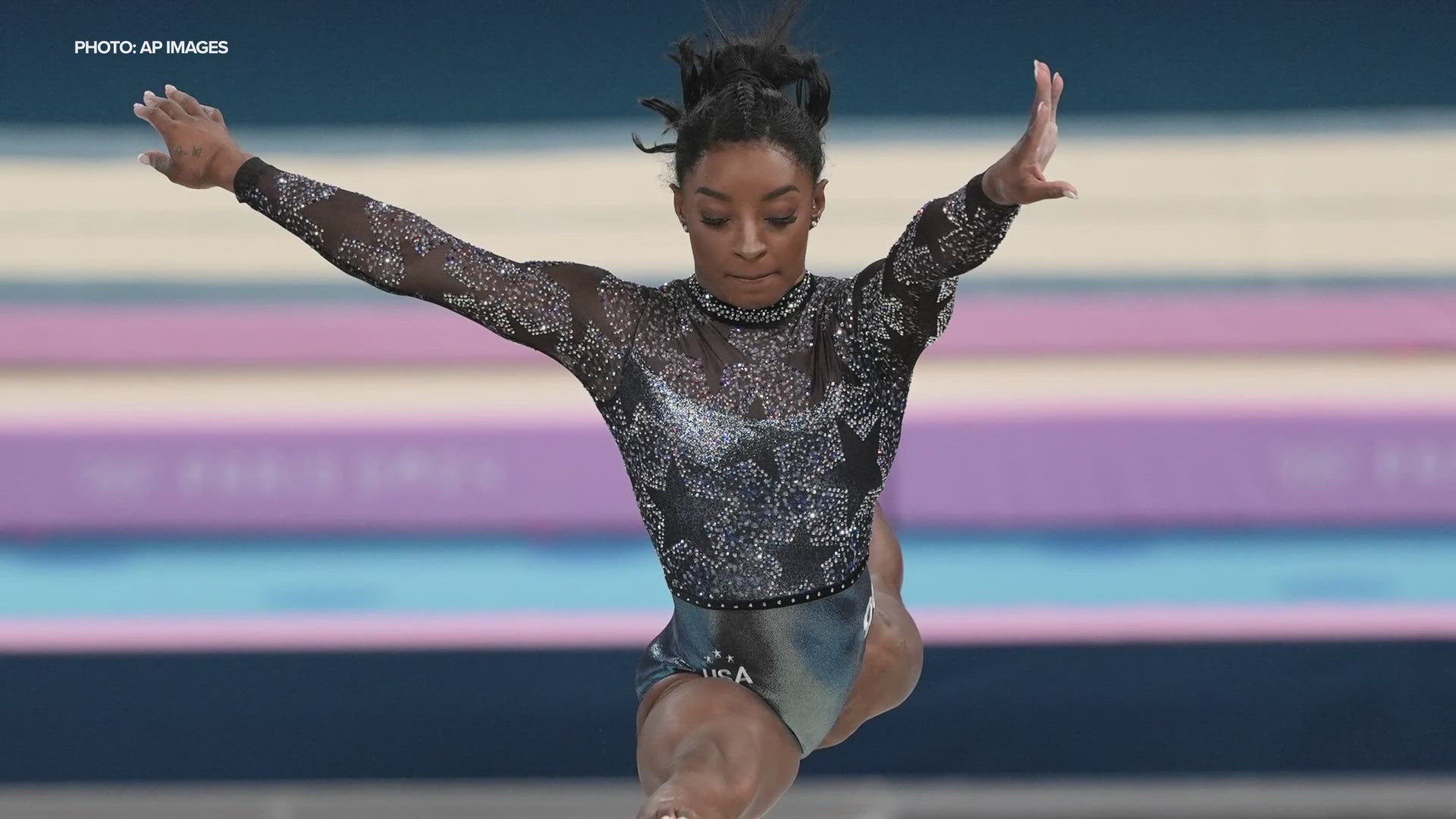PARIS, France — Athletes at the Olympics are showering Noah Lyles with the first big taste of celebrity he's been working so hard to make his own.
Nearly a week into this brush with fame — at least inside the athletes village — he's not so sure he's loving the spotlight.
“I’m struggling with my mental,” Lyles conceded at the U.S. track and field team's news conference Monday. “I’ve become kind of popular at the village. Unfortunately, that comes with its own set of challenges.”
He's picking odd times to eat and stationing himself in remote corners of the dining area. He's having trouble getting a routine workout in, lest he get stopped by all the fencers, rowers, judokas and others who, to now, have only seen him on TV.
His major role in the Netflix track documentary “SPRINT” that dropped this month has certainly raised the profile of a sprinter whose three world championships last summer (100, 200 and 4x100 relay) set him on a path to stardom.
But while nobody in this sport has been more giving of his time, and his insight, in an effort to promote both himself and his sport, Lyles also has done a good job of separating his public and private time.
That's not as much in his control at the living quarters for some of the 14,000 athletes and sports officials who are camping out in Paris over these 17 days.
And to think, Lyles doesn't even race until Saturday.
“It has come with its own challenge of finding my own safe place,” he said. “I don't want to leave. But I feel like after these Olympics, I'm going to have to have conversations higher up than me in making that more available. ... I'm not even the most popular person in the village. I know I'm not the only one who's had to deal with situations like this."
Simone Biles and the U.S. gymnastics team are staying at the village. LeBron James and the U.S. men's basketball team are not.
Back in the day, another well-known sprinter, Usain Bolt, stayed in the village, famously saying he loved the round-the-clock McDonalds that was available and that mingling with other athletes, most of whom doubled as fans, put him at ease. In 2016, though, a concession was made and Bolt got his own room, as opposed to sharing.
“I do get nervous but when I get into the village it always goes away," he said back then.
Lyles has not been shy when it comes to talking about his need to stay on top of his mental and emotional health. He works with three therapists and has told stories about how the atmosphere three years ago at the pandemic-delayed Tokyo Games, with no fans in the stands, impacted his performance.
“I just remember being so, ‘This is not it. This is not fun. This is not cool. This is not what I wanted. This is not what I thought it was going to feel like,’” he said of the moments before his 200-meter final in Tokyo, where he won the bronze medal. “And that's literally the last few thoughts I had going through my mind as I got into the blocks. And it sucked.”
Lyles hasn't lost a 200-meter race since, and has now become a threat in the 100, as well. He is one of the must-see athletes at the Olympic track meet.
“This is what I dream of, is these moments right here,” Lyles said. “I get more excited the bigger the crowd is.”
Unless that crowd is asking him for selfies while he's trying to eat breakfast, or to sign something while he's stretching.
“We still are human beings, and we still want to be able to have our space and our time,” Lyles said. “I want to enjoy the Olympics just like you guys are. Trying to find a safe place has been a little difficult these last few days as I'm trying to prepare and dive deep into my mental state.”

